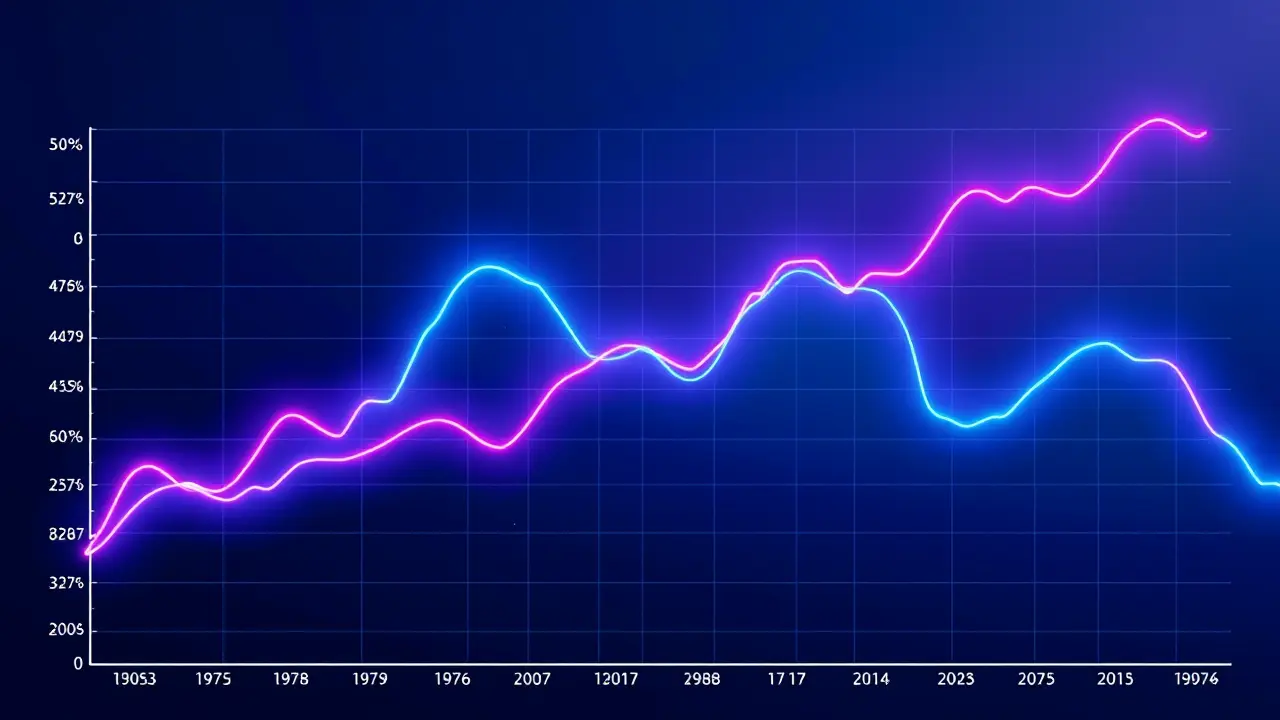
FinancestocksIPOs and Listings
Hong Kong's IPO Market Leads Globally Amidst Political Changes
OL
Oliver Scott
16 hours ago7 min read
Hong Kong's startling resurgence as the world's preeminent initial public offering venue, with the stock exchange catapulting to the top of global rankings and a formidable queue of over 300 companies awaiting listing, represents not merely a financial rebound but a profound geopolitical pivot demanding rigorous risk assessment. Defying the near-universal predictions of a terminal decline following the 2019 pro-democracy unrest and the subsequent imposition of the 2020 national security law, this financial renaissance signals a fundamental recalibration of the city's role, forcing analysts to model divergent scenarios for its future.The sheer velocity of this recovery—a stark contrast to the capital flight and corporate exodus narratives that dominated international headlines—suggests a meticulously engineered stabilization, one where political imperatives from Beijing have effectively overridden traditional market anxieties. However, this resurgence ignites a critical debate about the character of the emerging Hong Kong; the concern now swirling is not about its economic vitality, but about the nature of that vitality, particularly as a recent and significant influx of mainland Chinese capital and corporations begins to reshape the very DNA of its market.This trend points towards a scenario where Hong Kong increasingly functions as a strategic financial conduit for China, a controlled gateway for capital account liberalization that simultaneously dilutes its historic identity as a truly international, common-law-governed financial hub. The potential consequences are multifaceted: in a bullish scenario, Hong Kong solidifies its position as the indispensable bridge between Chinese capital and global markets, leveraging its unique 'one country, two systems' framework to attract a new wave of Asian tech unicorns and state-owned enterprise spinoffs.Conversely, a bearish scenario foresees a gradual erosion of its competitive advantages—its independent judiciary, free flow of information, and vibrant civil society—as the perceived political risks for Western institutional investors eventually outweigh the benefits of China-access, potentially ceding ground to rivals like Singapore. Historical precedents are sparse, but the transformation of Shanghai in the 1990s from a sleepy port to a financial powerhouse offers a parallel, albeit within a fully domestic context; Hong Kong's experiment is unprecedented in its scale and global integration.Expert commentary is deeply divided. Some strategists point to the massive, waiting pipeline of IPOs as irrefutable evidence of enduring confidence, arguing that global capital is ultimately pragmatic and will follow opportunity regardless of political headwinds.Others, more cautious, highlight the growing regulatory synchronization with mainland practices and the chilling effect of the security law on the free-wheeling business culture that once defined the city. The analytical insight here is that Hong Kong is navigating a precarious equilibrium, its financial triumph inextricably linked to a political bargain whose long-term stability remains the single greatest variable in any risk model.The world is not just watching a stock market boom; it is witnessing a live-fire exercise in the integration of a global financial center into a state-capitalist system, an event with ramifications for every multinational corporation and investor with exposure to the Asia-Pacific region. The coming months, as these hundreds of companies come to market, will provide the clearest indicator yet of which future scenario is materializing, determining whether Hong Kong's leadership is a fleeting anomaly or the dawn of a new, Sino-centric chapter in global finance.
#featured
#Hong Kong
#stock exchange
#IPO
#resurgence
#finance
#national security law
#markets
Stay Informed. Act Smarter.
Get weekly highlights, major headlines, and expert insights — then put your knowledge to work in our live prediction markets.
Related News
© 2025 Outpoll Service LTD. All rights reserved.














